Kishore’s Chronicles: Exploring the Timeless Albums of Kishore Kumar
Kishore Kumar, the legendary artist of the Indian music industry, was not only known for his melodious voice but also for his exceptional ability to infuse emotions into every note he sang. Beyond his hit singles, Kishore Kumar left an indelible mark on the music landscape with his remarkable albums that showcased his versatility, creativity, and unmatched vocal prowess. Let’s dive into some of his captivating albums that continue to enchant listeners across generations.
“Kishore Kumar’s Greatest Hits” (1971): This album is a treasure trove of some of Kishore Kumar’s most iconic tracks, showcasing his range from romantic ballads to peppy dance numbers. Songs like “Zindagi Ek Safar Hai Suhana” and “O Mere Dil Ke Chain” are timeless gems that resonate with listeners of all ages.
“Amar Prem” (1972): Collaborating with the music maestro R.D. Burman, Kishore Kumar delivered soul-stirring tracks like “Chingari Koi Bhadke” and the heartrending “Raina Beeti Jaye.” The album’s emotional depth and memorable melodies solidified its status as a classic.
“Khubsoorat” (1980): The album of the film “Khubsoorat” witnessed Kishore Kumar’s impeccable versatility. From the romantic “Ae Shivani” to the fun and playful “Piya Bawri,” Kishore Kumar effortlessly navigated through various moods, making this album a true delight.
“Door Gagan Ki Chhaon Mein” (1964): Not just a singer, Kishore Kumar was also a gifted filmmaker. The album of his directorial venture “Door Gagan Ki Chhaon Mein” featured heart-touching tracks like “Aa Chal Ke Tujhe” and “Mere Bhole Balam.” Each song was a narrative in itself, capturing emotions and stories with finesse.
“Jhumroo” (1961): Kishore Kumar’s album for the movie “Jhumroo” showcased his exceptional vocal range and playful singing style. The title track “Jhumroo” and the evergreen “Guzar Jaye Din” are examples of his ability to infuse infectious energy into his songs.
“Chalti Ka Naam Gaadi” (1958): The album of this iconic film is remembered not only for its comic brilliance but also for its memorable music. Kishore Kumar’s duets with his brothers Ashok Kumar and Anoop Kumar, like “Ek Ladki Bheegi Bhagi Si,” added a unique charm to the album.
“Half Ticket” (1962): Kishore Kumar’s album for the film “Half Ticket” was a perfect blend of light-heartedness and melody. Tracks like “Aake Seedhi Lagi” and “Aankhon Mein Rang” showcased his playful singing style.
“Chhodo Na Yaar” (1971): This album is a testament to Kishore Kumar’s ability to render a range of emotions. From the poignant “Naach Meri Bulbul” to the uplifting “Mere Naina Sawan Bhadon,” he captured diverse feelings with his soulful voice.
“Aandhi” (1975): The album of “Aandhi” is a masterpiece that combines Kishore Kumar’s vocals with the compositions of R.D. Burman. Tracks like “Tere Bina Zindagi Se” and “Is Mod Se Jaate Hain” are hauntingly beautiful and remain etched in memory.
“Anand” (1971): Kishore Kumar’s contribution to the album of the film “Anand” is unforgettable. The melancholic yet hopeful “Zindagi Kaisi Hai Paheli” and the soul-soothing “Kahin Door Jab Din Dhal Jaye” are a testament to his emotional depth.
In each of these albums, Kishore Kumar’s charismatic voice wove a tapestry of emotions that resonated deeply with the listeners. His ability to seamlessly transition from one genre to another, his knack for expressing complex feelings through his voice, and his genuine connection with the songs are what set him apart as an irreplaceable artist.
As we revisit these albums, we are reminded of the unparalleled legacy Kishore Kumar has left behind. His albums continue to serve as a testament to his musical genius, evoking emotions and memories that transcend time. Kishore Kumar’s albums are not just a collection of songs; they are a journey through the heart and soul of an artist who will forever remain etched in the annals of musical history.

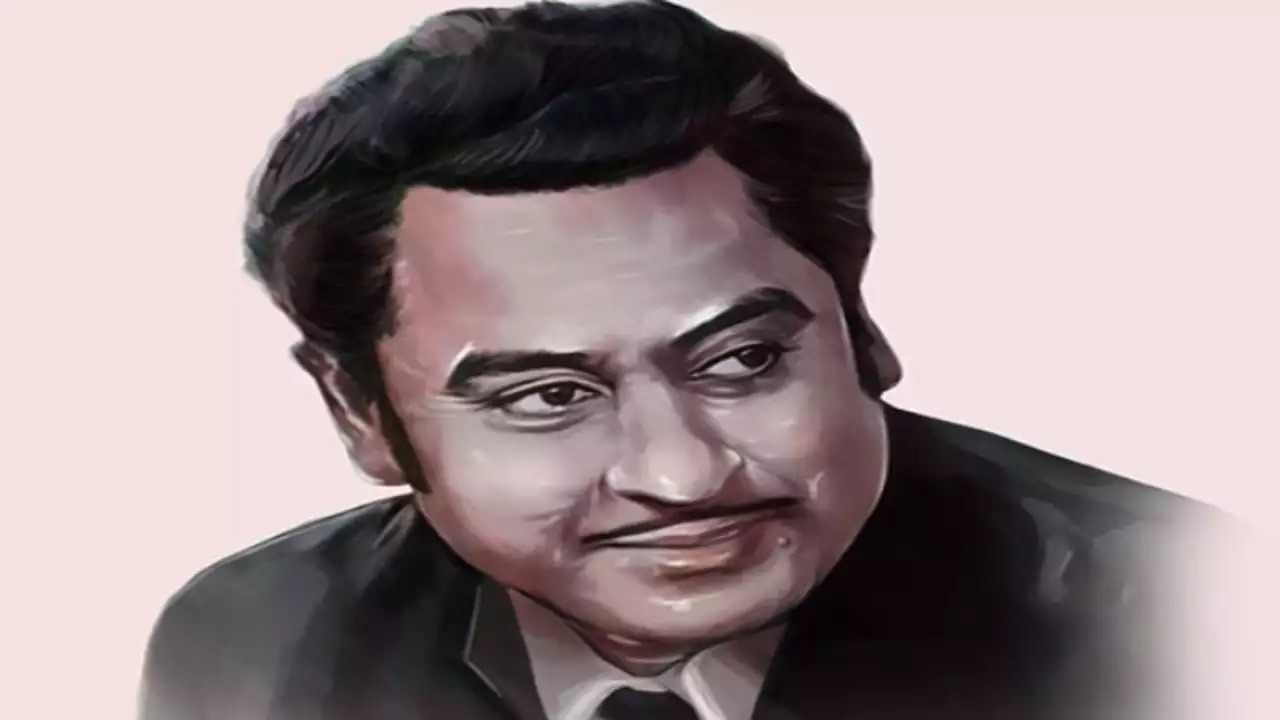
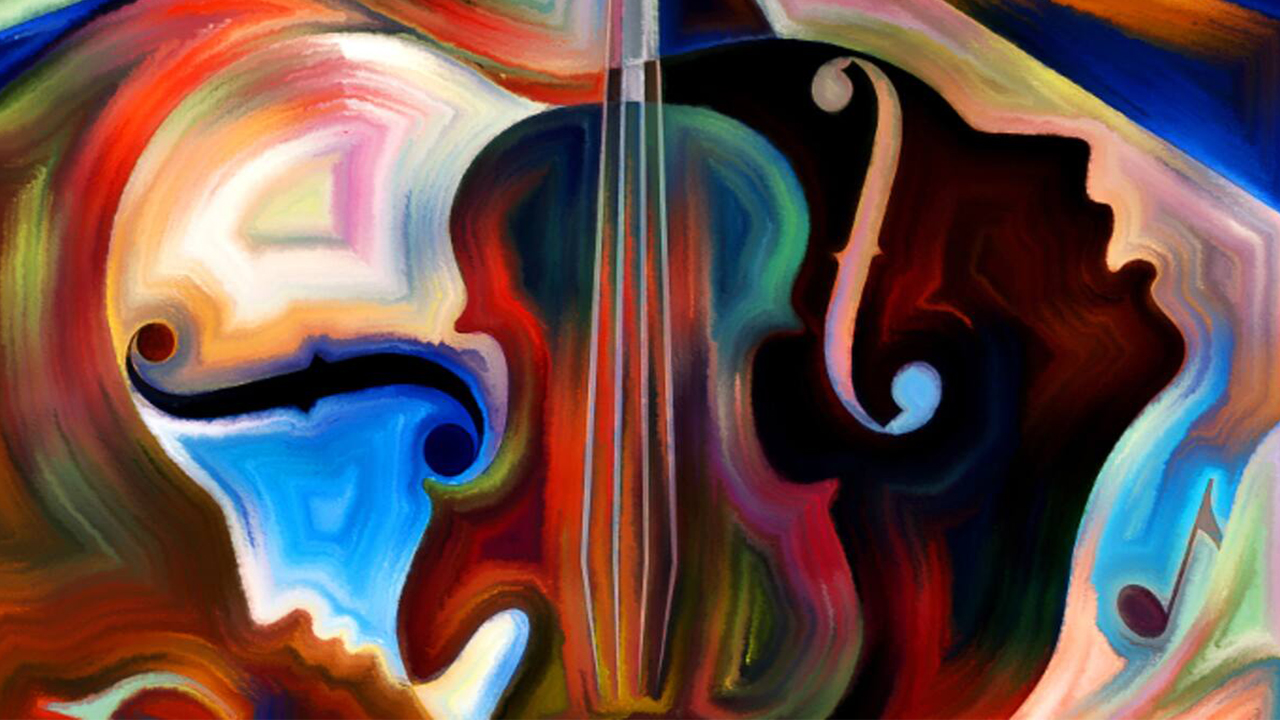

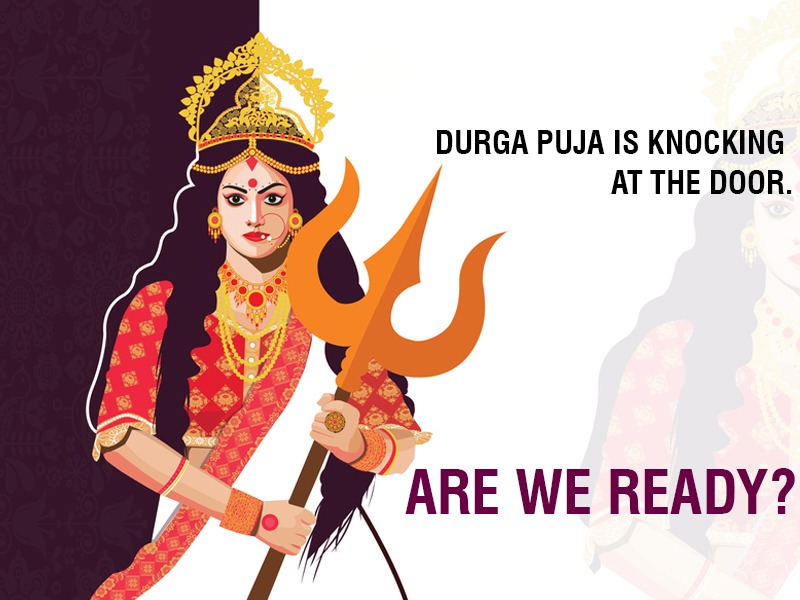
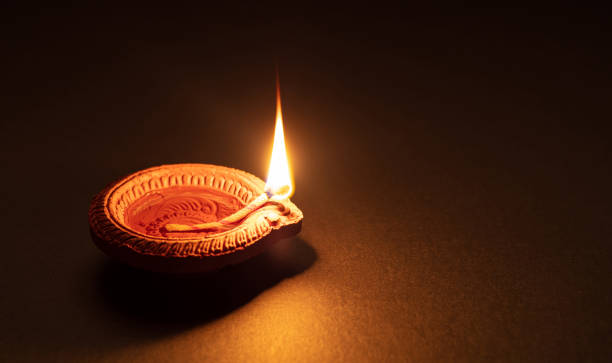
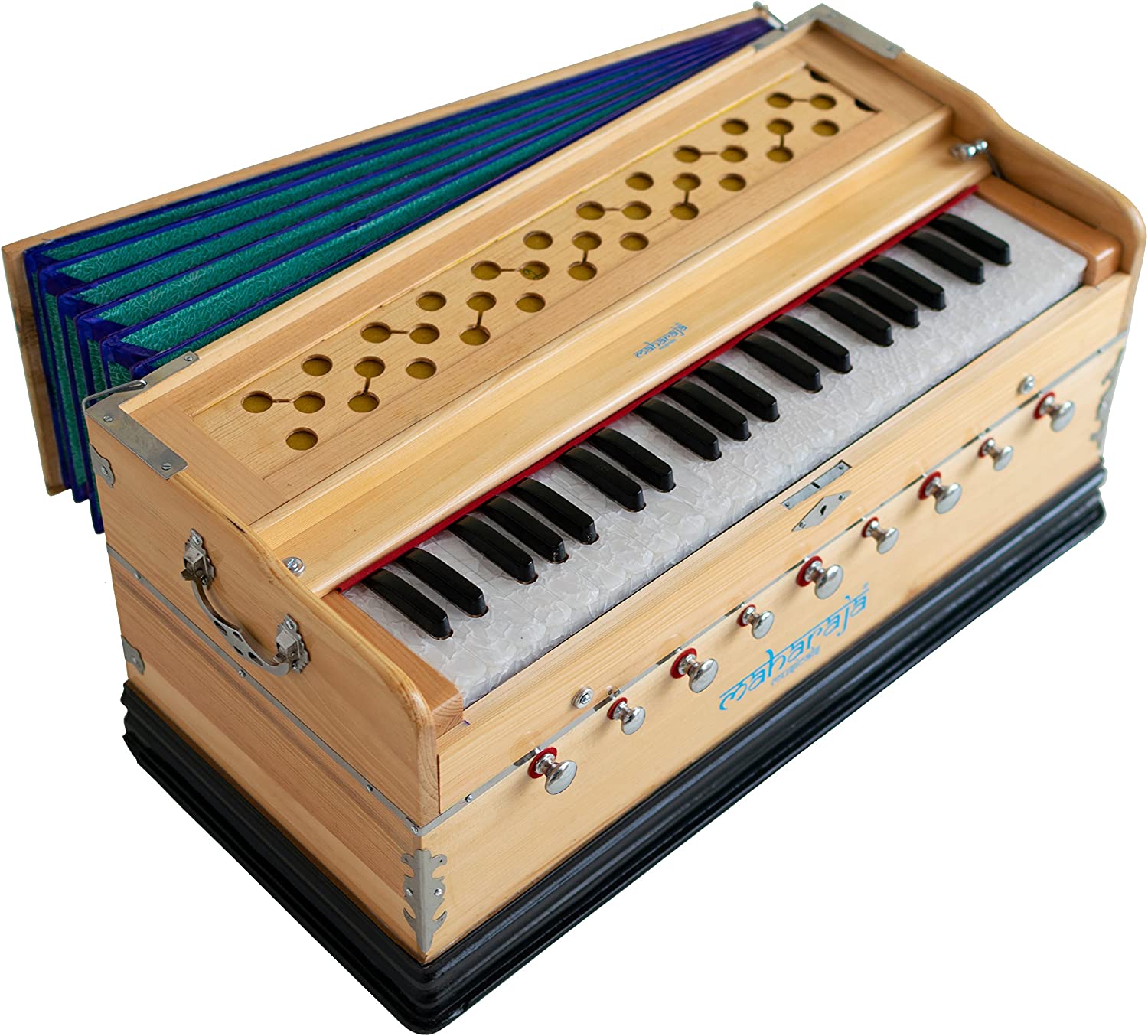
There are no comments